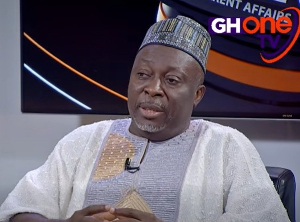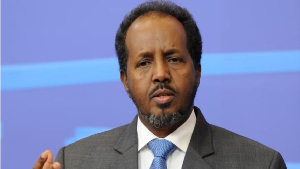Business News of Saturday, 12 January 2019
Source: thefinderonline.com
Cap on fiscal deficit will stall growth – Investment Analyst
The zero central bank financing of government programmes and capping of the fiscal deficit to no more than 5 per cent of GDP are ill timed and will stifle growth, Investment analyst and Director of C-ENERGY Holdings, Mr Michael Cobblah has warned.
His concerns come on the back of the formation of the Fiscal Council and the recent appointment eminent persons to steer the affairs of the Council.
The Fiscal and Financial Stability Councils are part of measures being taken by the ruling New Patriotic Party (NPP) to anchor fiscal discipline and ensure prudence in the management of the economy and also strengthen and reinforce the stability of the country’s financial sector.
But Mr Cobblah maintains that “we are of the opinion that capping the fiscal deficit to no more than 5 per cent and stripping the central bank financing may stifle growth. We do not believe that the economy is adequately resourced with the foundation to absorb such drastic fiscal restrictions.”
He explained that a fledgling economy like Ghana would need some fiscal space (within reasonable controlled limits) to build the infrastructure and systems for such restrictions.
Executive Director of Policy Think Tank, Institute for Fiscal Studies (IFS), Prof. Newman Kwadwo Kusi is on record to have described the move as premature, saying it was not in the interest of the state.
“Government has an arrangement with the Bank of Ghana where it will support government’s deficit to the tune of 10 per cent. When we say it is premature it means that the drastic cut is not in the interest of the state,” he said.
According to him, “whether the bank of Ghana will finance government or not, government will want to run the deficit and so will go to the market and borrow by issuing Treasury Bills to finance its deficit which will see the coupon rate of the deficit going up which may affect interest rate and undermine government’s increasing targeting of inflation and policy rate”.
He maintained that in “a country like Ghana you cannot say that the central bank owned by Ghana which is the institution that helps government to raise money to finance government expenditure, will support government at zero”.
He argued that even though there is the need to strengthen the central bank’s monetary policy autonomy, it is important that the monetary policy supports the overall policy of government as the elected manager of the economy.












